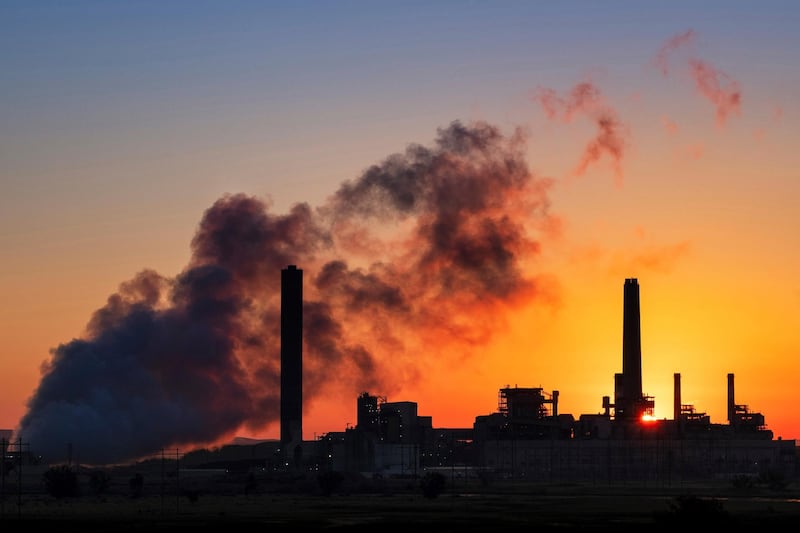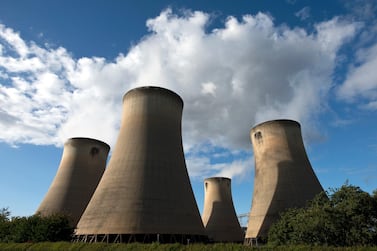The UK’s carbon emissions declined by a third during lockdown with a significant volume of clean energy added to grid in the second quarter.
The share of renewables increased 32 per cent year-on-year in the second quarter as power generation from biomass, wind and solar energy grew during the lockdown.
"Lower electricity demand combined with exceptional weather propelled renewables to their greatest ever share of electricity, forcing prices and carbon emissions down to record levels, as well as reducing the need for nuclear and fossil fuel power,” according to a survey by Imperial College London, commissioned by UK power generator, Drax.
Renewable electricity sources contributed to three-quarters of the UK’s power generation at one point, the study found.
In a report in February, the International Energy Agency, said global emissions flatlined for the first time in 2019, as economies continue to make the switch from polluting fuels to cleaner power generation. Emissions for 2019 remained unchanged at 33 gigatonnes, as the world economy expanded by 2.9 per cent, according to the Paris-based agency.
Earlier this year, Britain said it generated more power from renewable sources in 2019 than fossil fuels for the first time since the industrial revolution, following the lead of other European countries such as Germany in outgrowing the need for hydrocarbons.
The UK generated 48.5 per cent of its energy from a mix of wind, solar, nuclear and hydropower in 2019, with fossil fuels accounting for 43 per cent, according to the country's National Grid. Biomass and energy from waste accounted for the remaining 8.5 per cent, data showed.
A combination of reduced demand as well as increased renewable generation meant a record amount of money was spent between April and June to keep the system stable, the Drax report said.
“The past few months have given the country a glimpse into the future for our power system, with higher levels of renewable energy and lower demand make for a difficult balancing act,” said Iain Staffell, a scientist with the faculty of natural sciences at the Imperial College of London and one of the lead authors of the report.
Further decarbonisation can happen when flexible technologies providing power and system stability play a more prominent role in the grid, he added.








